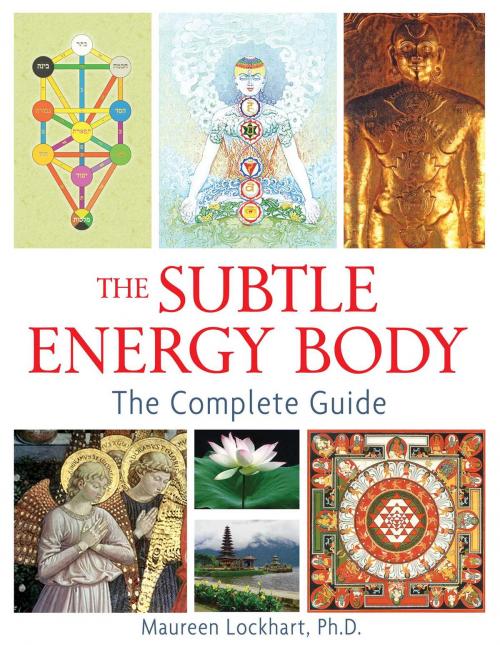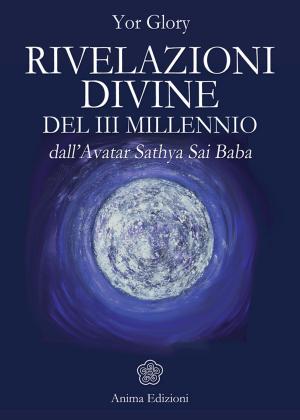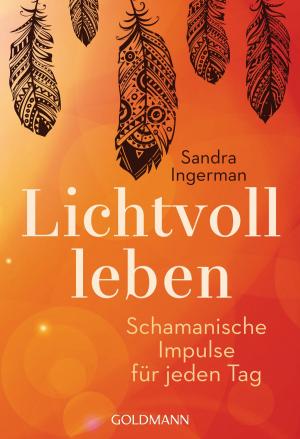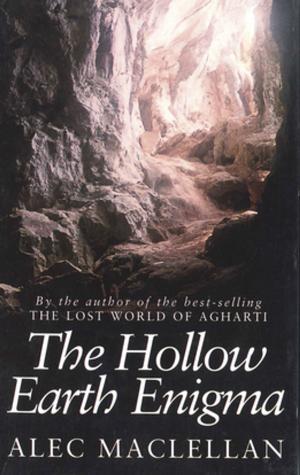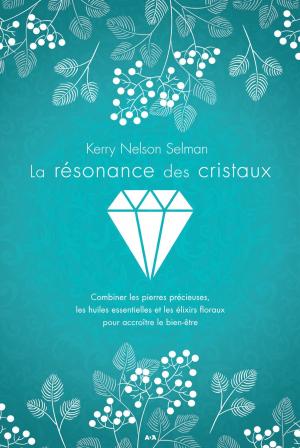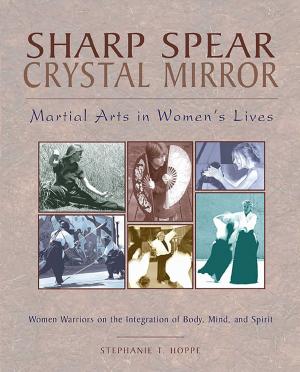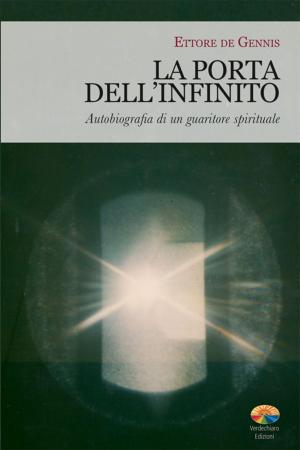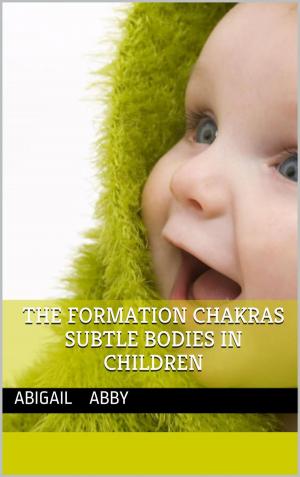The Subtle Energy Body
The Complete Guide
Nonfiction, Health & Well Being, Health, Alternative & Holistic Health, Alternative Therapies, Religion & Spirituality, Philosophy, Mind & Body| Author: | Maureen Lockhart, Ph.D. | ISBN: | 9781594776540 |
| Publisher: | Inner Traditions/Bear & Company | Publication: | September 23, 2010 |
| Imprint: | Inner Traditions | Language: | English |
| Author: | Maureen Lockhart, Ph.D. |
| ISBN: | 9781594776540 |
| Publisher: | Inner Traditions/Bear & Company |
| Publication: | September 23, 2010 |
| Imprint: | Inner Traditions |
| Language: | English |
A global study of the psychospiritual body and its central role in the esoteric and spiritual traditions of the world
• Explains the nature, purpose, and functions of the subtle body
• Explores the role of the subtle body in such traditions as Alchemy, Ayurveda, Tantra, Qi Gong, and Yoga
• Shows how the various layers of the subtle body provide a map for various levels of consciousness
Ancient traditions of both the East and West have long maintained that the human being is a complex of material and nonmaterial systems, or energy bodies. The “subtle body” is an energetic, psychospiritual entity of several layers of increasing subtlety and metaphysical significance through which the aspirant seeks knowledge of the self and the nature of God. In many traditions, the component parts of the subtle body serve as a map of the different levels of consciousness.
The practices and disciplines that evolved from an awareness and understanding of the subtle body, and how the material and nonmaterial work together, form a coherent system of psychospiritual transformation that is central to numerous and extremely diverse spiritual practices--including those of the Gnostics, Sufis, Native Americans, Vedic seers, Chinese, and Greeks. The subtle body plays an essential part in more recent traditions such as Anthroposophy and Gurdjieff’s Fourth Way and the cutting-edge science of Ervin Laszlo’s research into the Akashic field. But the benefits of understanding the role of the subtle energy body are not confined solely to the spiritual plane. The energetic bodies provide a coherent system of life-affirming principles and practices for the diagnosis and treatment of the whole person that is not only part of many traditional healing systems, such as Acupuncture and Ayurveda, but also is forming the basis for a synthesis of traditional and contemporary healing practices that could lay the foundation for the medicine of the future.
A global study of the psychospiritual body and its central role in the esoteric and spiritual traditions of the world
• Explains the nature, purpose, and functions of the subtle body
• Explores the role of the subtle body in such traditions as Alchemy, Ayurveda, Tantra, Qi Gong, and Yoga
• Shows how the various layers of the subtle body provide a map for various levels of consciousness
Ancient traditions of both the East and West have long maintained that the human being is a complex of material and nonmaterial systems, or energy bodies. The “subtle body” is an energetic, psychospiritual entity of several layers of increasing subtlety and metaphysical significance through which the aspirant seeks knowledge of the self and the nature of God. In many traditions, the component parts of the subtle body serve as a map of the different levels of consciousness.
The practices and disciplines that evolved from an awareness and understanding of the subtle body, and how the material and nonmaterial work together, form a coherent system of psychospiritual transformation that is central to numerous and extremely diverse spiritual practices--including those of the Gnostics, Sufis, Native Americans, Vedic seers, Chinese, and Greeks. The subtle body plays an essential part in more recent traditions such as Anthroposophy and Gurdjieff’s Fourth Way and the cutting-edge science of Ervin Laszlo’s research into the Akashic field. But the benefits of understanding the role of the subtle energy body are not confined solely to the spiritual plane. The energetic bodies provide a coherent system of life-affirming principles and practices for the diagnosis and treatment of the whole person that is not only part of many traditional healing systems, such as Acupuncture and Ayurveda, but also is forming the basis for a synthesis of traditional and contemporary healing practices that could lay the foundation for the medicine of the future.
